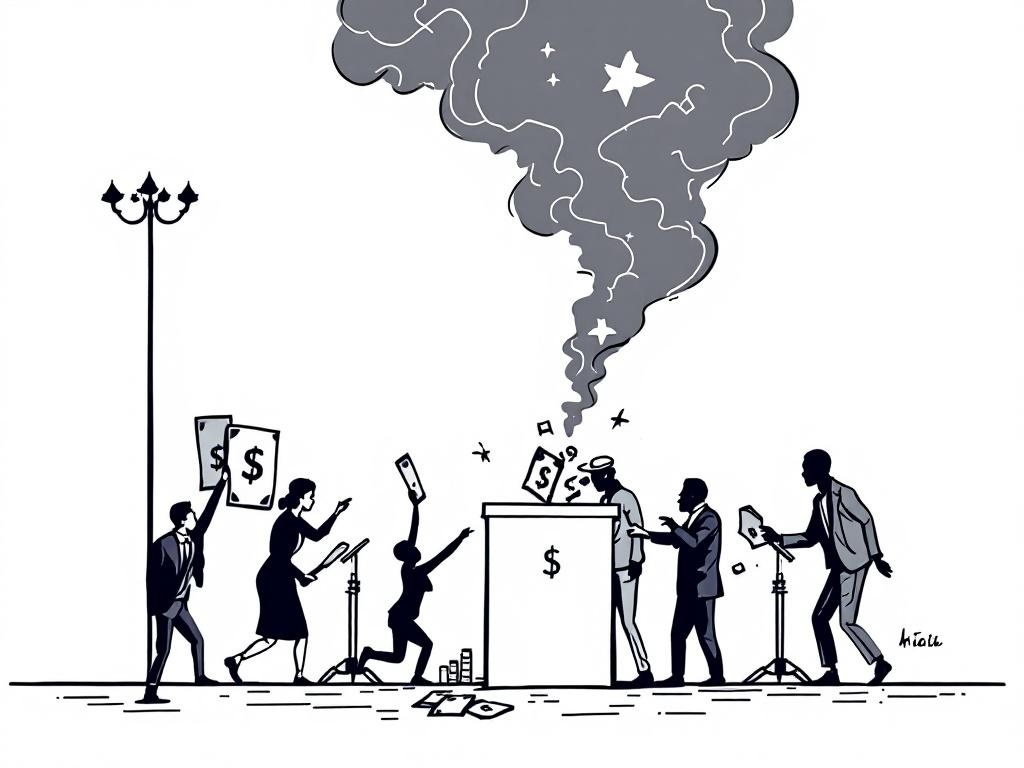Haiti's Elections Delayed Amid Escalating Gang Violence

Port-au-Prince, Thursday, 23 October 2025.
Haiti’s general elections are postponed due to rampant gang violence, causing significant political instability and challenging the interim government’s mandate, with critical implications for the country’s future governance.
Haiti’s Political Turmoil
Haiti’s political landscape remains fraught with instability as the long-anticipated general elections have been delayed due to escalating gang violence. The electoral council, led by Jacques Desrosiers, has confirmed that elections will not occur before February 7, 2025, highlighting the untenable security situation that prevents a stable voting process [1]. The delay poses significant challenges for Haiti’s interim government, which was established following the resignation of Ariel Henry in 2024 [2].
Gang Influence and Control
Armed gangs, notably the Viv Ansanm alliance, have assumed control over large portions of the capital, Port-au-Prince, and have effectively declared themselves a political entity [1][3]. This development has exacerbated the nation’s political and social crises, with gangs extorting businesses and restricting access to essential services, further destabilizing the governance structure [3]. The gangs’ control has reached a point where nearly 90% of Port-au-Prince is under their influence, leaving the population vulnerable and government efforts to regain control largely ineffective [2].
International and Domestic Responses
The international community, including the United Nations, has been actively involved in addressing Haiti’s crisis. A Gang Suppression Force was recently established by the U.N. Security Council to assist in mitigating gang violence and supporting the transition to a more stable political environment [2][3]. However, these efforts have faced criticism for ineffectiveness [2]. Domestically, the Haitian government, led by Prime Minister Alix Didier Fils-Aimé, has emphasized the urgency of restoring security and preparing for elections, with a $65 million fund allocated to support electoral processes [4].
Outlook and Challenges Ahead
Looking forward, Haiti’s path to stability is contingent upon addressing the pervasive influence of gangs and establishing a legitimate government through elections planned for February 2026 [1][2][3]. The transitional presidential council, whose mandate ends in February 2026, faces mounting pressure to deliver a realistic electoral timeline amidst ongoing violence [2]. The United Nations and other international bodies are called upon to provide continued support and oversight to ensure that Haiti can eventually achieve political stability and economic recovery [3].